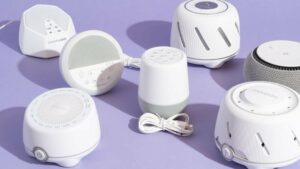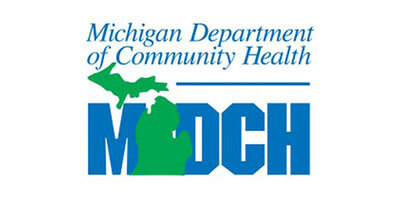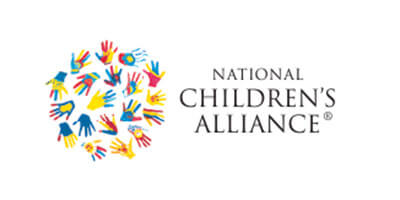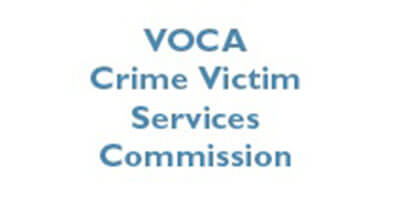Health Literacy Month
Health is an all-encompassing word that might mean something different to each person. As broad as this subject may be, it is an essential part of life. Understanding what being healthy means for you and knowing what tools and resources you have available to achieve your health goals is vital to living a comfortable and fulfilling life. Health Literacy Month, which is celebrated throughout October, highlights this very idea. Health literacy is not only important during the month of October, it is important year ‘round. However, as we are approaching the end of the month, it is the perfect time to shine light on the implications of mental and physical health and the importance of understanding the resources that are available to you in your community.
In order to be able to understand the significance of Health Literacy Month, it is important to know the definition of health literacy. There are two different types of health literacy: organizational and personal. Today we will be focusing on personal health literacy. So, how do we define this term? According to the Center of Disease Control and Prevention (2022), personal health literacy is “the degree to which individuals have the ability to find, understand, and use information and services to inform health-related decisions and actions for themselves and others.” In other words, it is how much you know about your own health and the health-related resources available to you in your community.
What might health literacy look like in our lives? Knowing how to eat healthy, knowing how and when to exercise, and knowing how and when to talk to your primary care doctor are a few ways that personal health literacy might appear in our lives (Ohio University, 2020). In order to assess how much you know about your health, try asking yourself questions about health-related topics. For instance, do you know how often doctors recommend you exercise? Do you know what eating a balanced diet looks like? Do you communicate your health concerns to your primary care doctor? If you are unsure when it comes to answering these questions, don’t panic. There are plenty of ways to learn about how to take care of your body!
Learning how to best take care of your health can be overwhelming, which is why it is important to take things one step at a time. Knowing what is best for your body isn’t something you’ll learn overnight. Some ways to get started include asking your doctor questions about your health, utilizing reliable online resources, and creating realistic health goals.
Talking to your doctor about your health concerns is an important step in learning about how to take care of your body. If you find that reaching out to your doctor can be difficult at times, here are a few tips that Dr. Roter, a professor at Johns Hopkins Bloomberg School of Public Health, recommends (Johns Hopkins Medicine, n.d.):
- Create an agenda – know what you want to ask your doctor before the appointment begins.
- Be honest – talk about what you feel is important, not just what you think the doctor will find important.
- Ask questions – if you aren’t sure what a doctor is saying, or if they are using unfamiliar words, ask them to clarify.
- Work collaboratively – work together with your doctor in order to make the best health decisions for your body.
Talking to your primary care doctor can certainly help you understand your own health better, however, doing so is not the only way to increase your health literacy. There are a plethora of online resources that may be helpful for understanding health-related topics. Health.gov is a great resource to go to for a variety of reliable health information (e.g., facts about nutrition, exercise, and lifestyle choices). It is important to point out that not everything that you read on the Internet is true, so be sure to look out for false information and utilize sources that are backed scientifically (e.g., government websites, university websites, etc.).
Asking your doctor questions and utilizing the Internet to help expand your knowledge are two great ways to improve your health literacy. An additional way to do so is setting realistic health goals. Health goals might pertain to a variety of different health-related topics (e.g., eating healthy foods, exercising regularly, etc.). When it comes to wanting to take active steps to improve your health or establish healthy habits, it is important to set SMART goals. SMART is an acronym to remind you that if your goals are SMART they will be: specific, measurable, achievable, relevant/realistic, and time-bound. Having health goals that are specific and achievable is vital when it comes to utilizing information you know about your health in order to improve your habits (Davies, 2018).
Now that you know what personal health literacy is and a few ways to work on expanding your health-related knowledge, it is time to put what you learned into practice. I encourage you to think about some questions or goals you have regarding your health and write them down somewhere. Take some time this week to think about what you want to know about taking care of yourself, whether that be physically or mentally. Remember, although Health Literacy Month is nearing an end, any time of the year is a good time to prioritize your health!
Further Resources:
Home of the Office of Disease Prevention and Health Promotion – health.gov
Centers for Disease Control and Prevention (cdc.gov)
Reference Page:
Center for Control and Prevention. (2022, February 2). What is health literacy? Center of Disease Control and Prevention. https://www.cdc.gov/healthliteracy/learn/index.html
Davies, Pete. (2018, September 13). What are SMART goals: Examples for students and work. Southern New Hampshire University. https://www.snhu.edu/about-us/newsroom/education/what-are-smart-goals
Johns Hopkins Medicine. (n.d.). Don’t be shy: 4 tips for talking to your doctor. Johns Hopkins Medicine. https://www.hopkinsmedicine.org/health/wellness-and-prevention/dont-be-shy-4-tips-for-talking-to-your-doctor
Ohio University. (2020, July 31). How to improve health literacy in the internet age. Ohio University. https://onlinemasters.ohio.edu/blog/how-to-improve-health-literacy/









